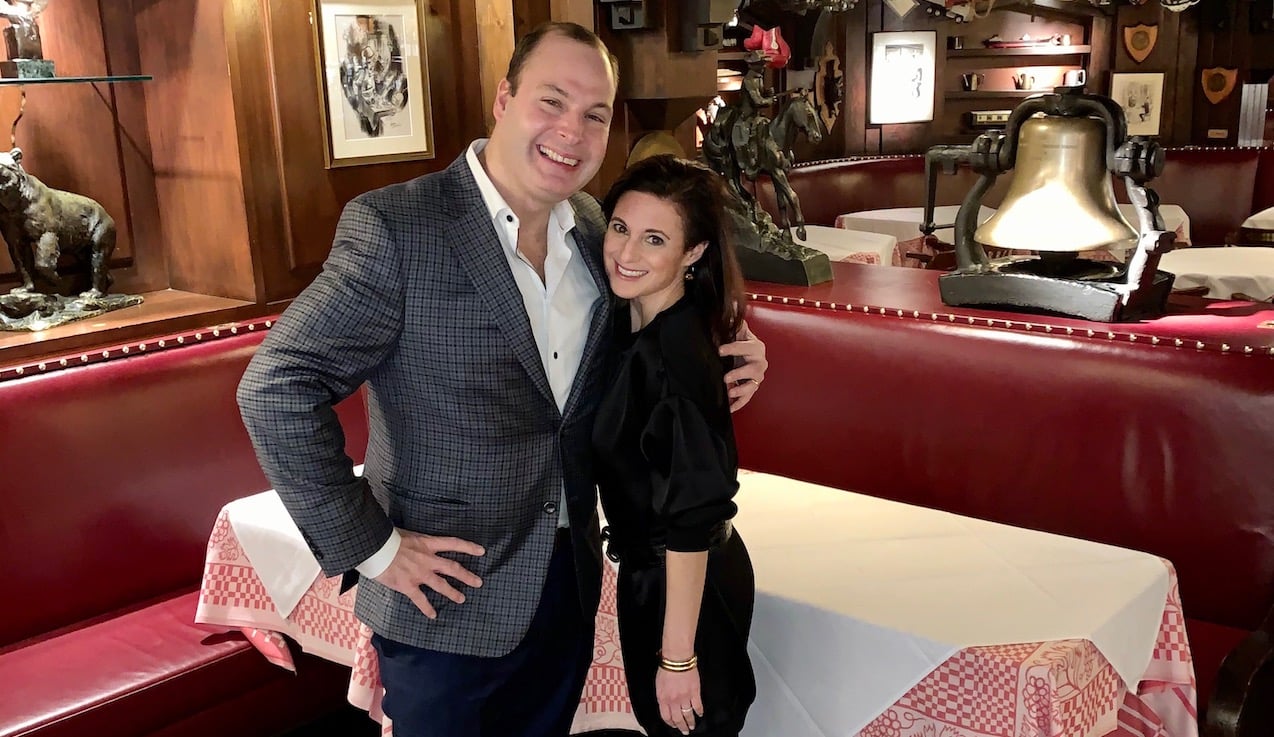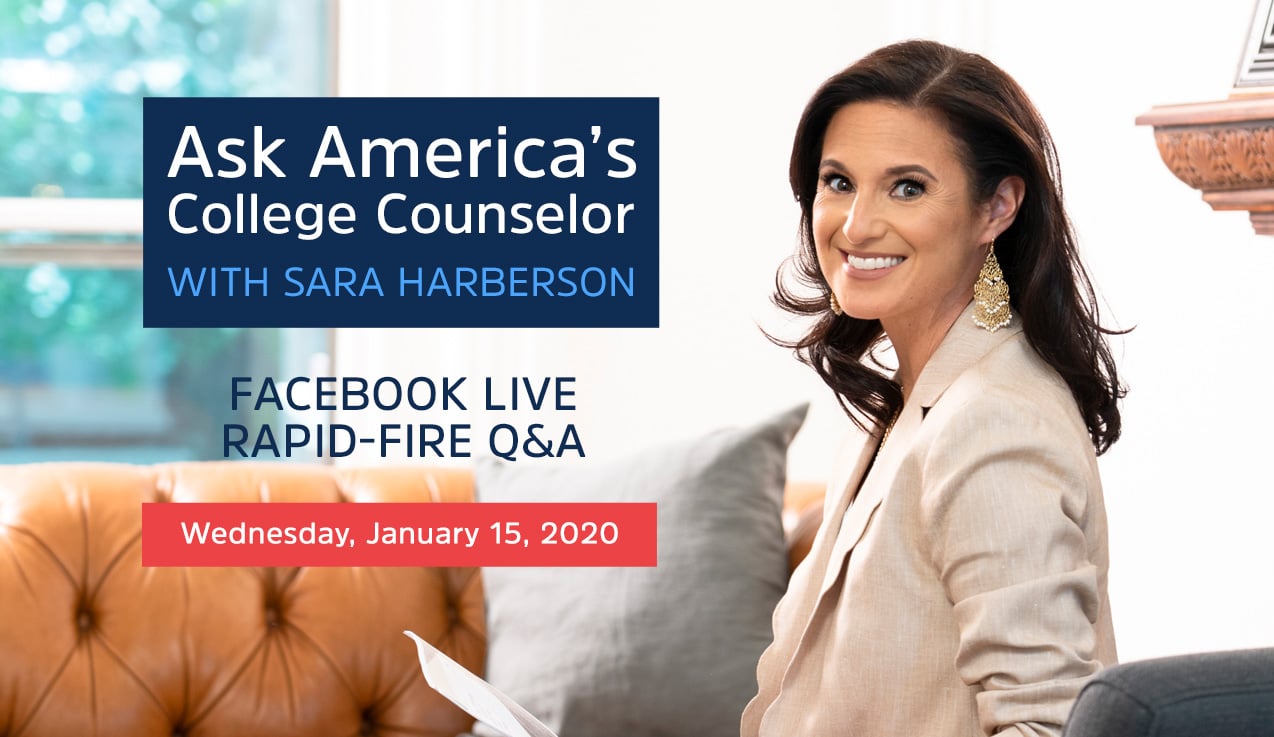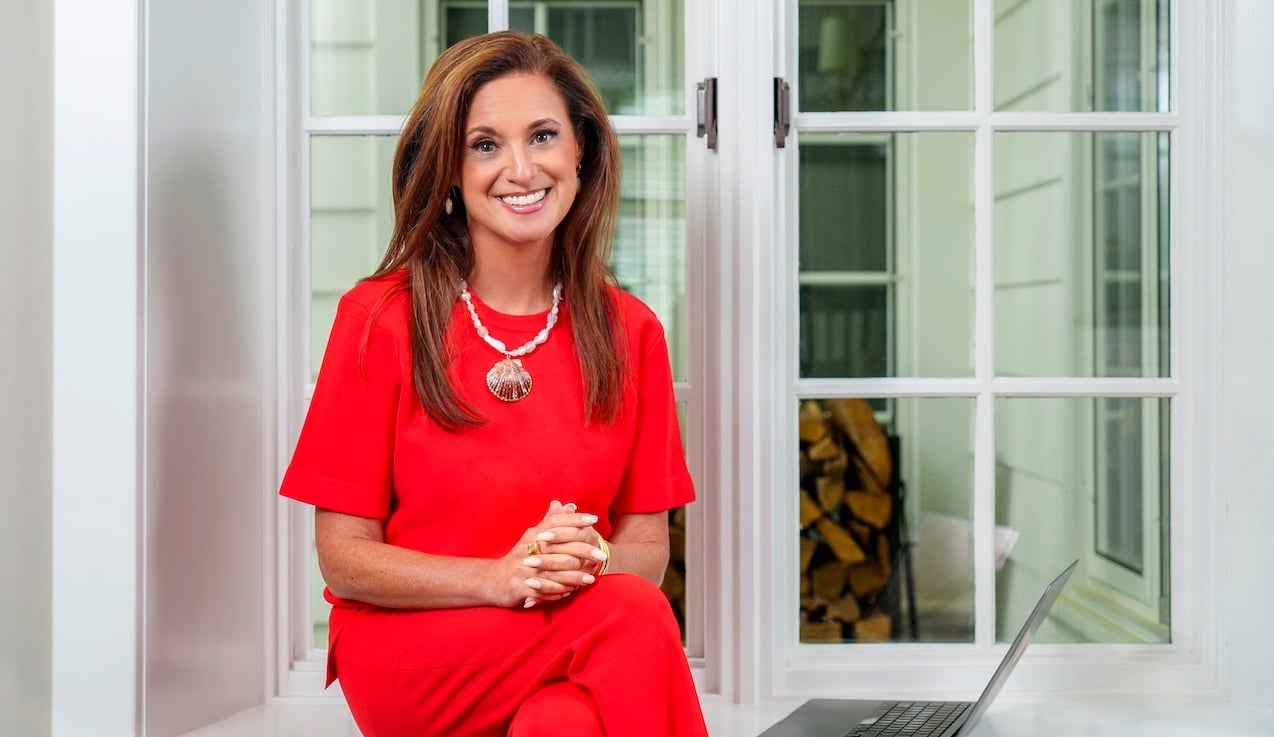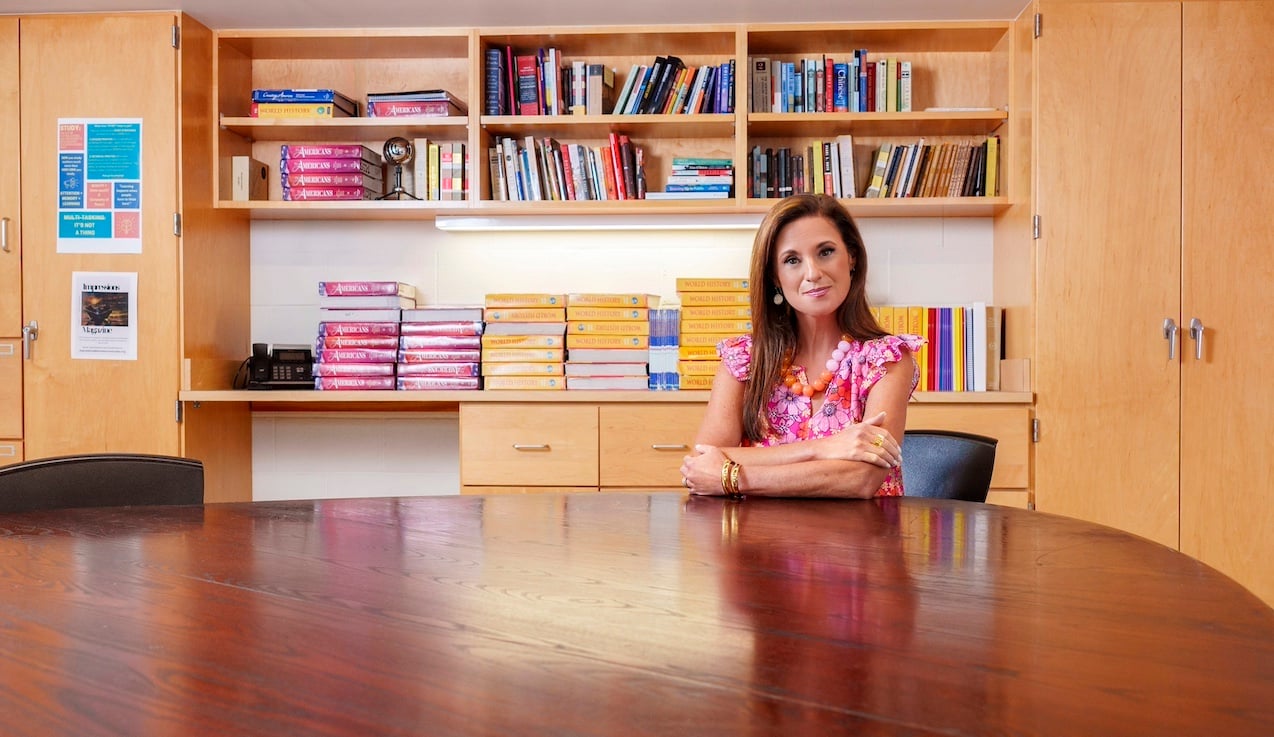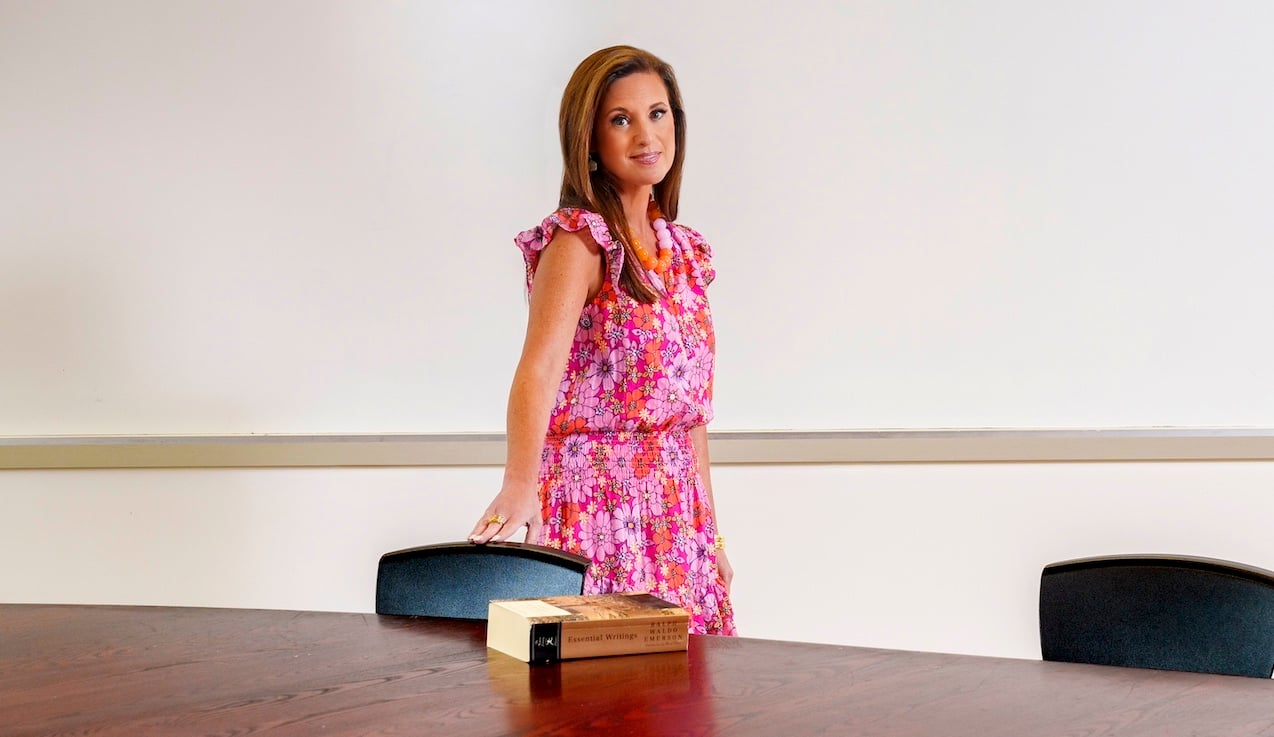This past weekend, my husband and I attended a wedding of a former student of mine in New York City. We snuck in a few special meals and even a trip to the Met before the wedding on Saturday night.
Along the way, we met so many new friends. One of our Uber drivers, Jorge, was from Colombia. Our server at the very swanky restaurant we ate at was a dancer from Queens. And, the talented makeup artist I used for the wedding was born and raised in Manhattan. I am captivated by individuals' stories. That is why I love helping students tell their stories in their college applications.
Whenever I meet someone new, I ask them: "Where are you from?" The second question follows immediately thereafter: "What high school did you go to?" This is a telltale sign that I am a former admissions officer and dean of admissions.
Why do I ask these two questions?
Well, first I am so darn curious about where people come from. When I learn where people grow up and go to high school, everything makes sense to me. There are always little signs of heritage, culture, and accents hidden beneath the surface if you take the time to watch and listen.
And the second reason I ask these two questions is that this frames an admissions officer's entire perspective on who each student is. After looking at your name, they move quickly to your address, city, and state. Check. And then their eyes make their way to your high school. Check, check. Your high school contextualizes your entire application. Since every high school is different, with varying curricula, student demographics, and extracurricular offerings, admissions officers have to adjust their mindset with every new application they read.
Yes, the more unusual state you hail from can absolutely increase your chances of admission. Alaska, Hawaii, Montana, Mississippi, and a few other states are pure gold to an admissions officer. It's like the admissions officer hits the jackpot when they read an application from an underrepresented state.
It goes beyond just the home address, though. Students coming from more unusual states have their own vibe to the application. Their activities are different; their perspective is different; and their essays are far different too. It is a reminder to all of us to bring our own distinctiveness with us wherever we go and whatever we do.
But it's more than that. Even the students who come from overrepresented states have an opportunity to shine a light on their town, neighborhood, or borough.
READ MORE: If You Don't Live in Alaska, Here's a Secret to Getting into College
For example, I used to cover all of the boroughs of New York City when I worked at the University of Pennsylvania. New York is usually one of the most represented states in a college's applicant pool. Yet, the students who live in Manhattan are so different than the ones from Queens, Brooklyn, the Bronx, and, of course, Staten Island! They all have a story of where they come from, but only some of them recognize it and are willing to share it in their application—usually through their main essay, but sometimes through supplemental essays instead. You don't have to live in Alaska to impress an admissions officer; you just need to be willing to embrace who you are and how you have been influenced by your community, the people around you, and your triumphs and challenges, too.
Now onto that more controversial topic. Years ago if you went to a boarding school or a private day school your chances of admission soared compared to a student attending a public high school. Not anymore. Now, every student has to prove themselves within the high school they come from. No one gets extra points, or docked points for that matter, because of the school they attend. Let me be clear, though, that was not always the case.
I often mention to friends and families that my husband and I grew up in different parts of the country, yet our upbringings were similar in that our parents valued education above all else. However, my husband attended a boarding school for high school and I attended my local public high school. The two schools could not have been more different. He went to school with princes. Me, not so much! My high school faced a 25% dropout rate, teen pregnancy, drugs, gangs, and fights in the halls almost every day. The beautiful thing is that we both ended up at the same college. And, we both thrived.
Every student has a chance to recognize where they come from and how far they have come. Don't let your address or high school get in the way of your dreams. In fact, they might even be the reason you succeed in the end.


